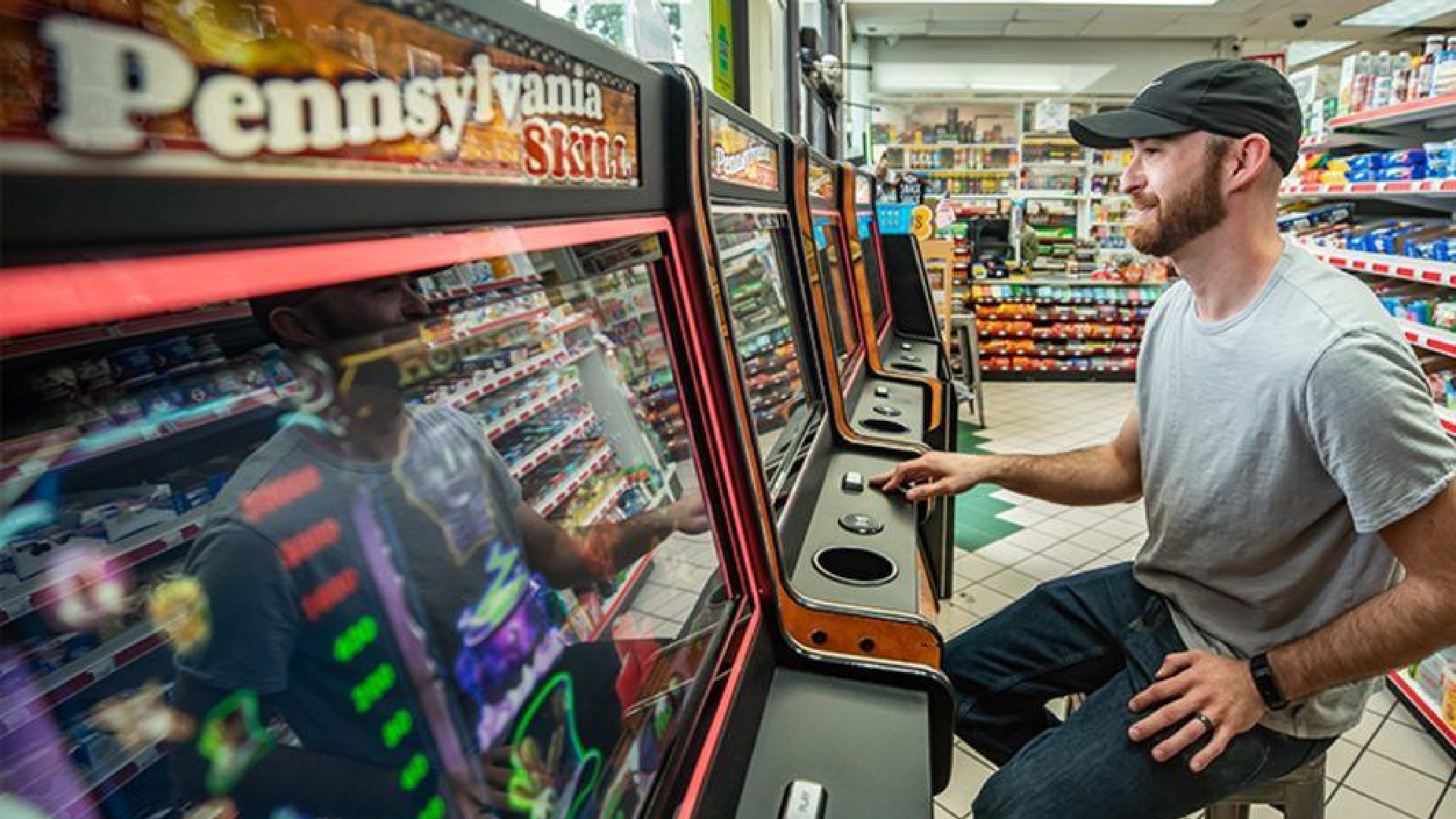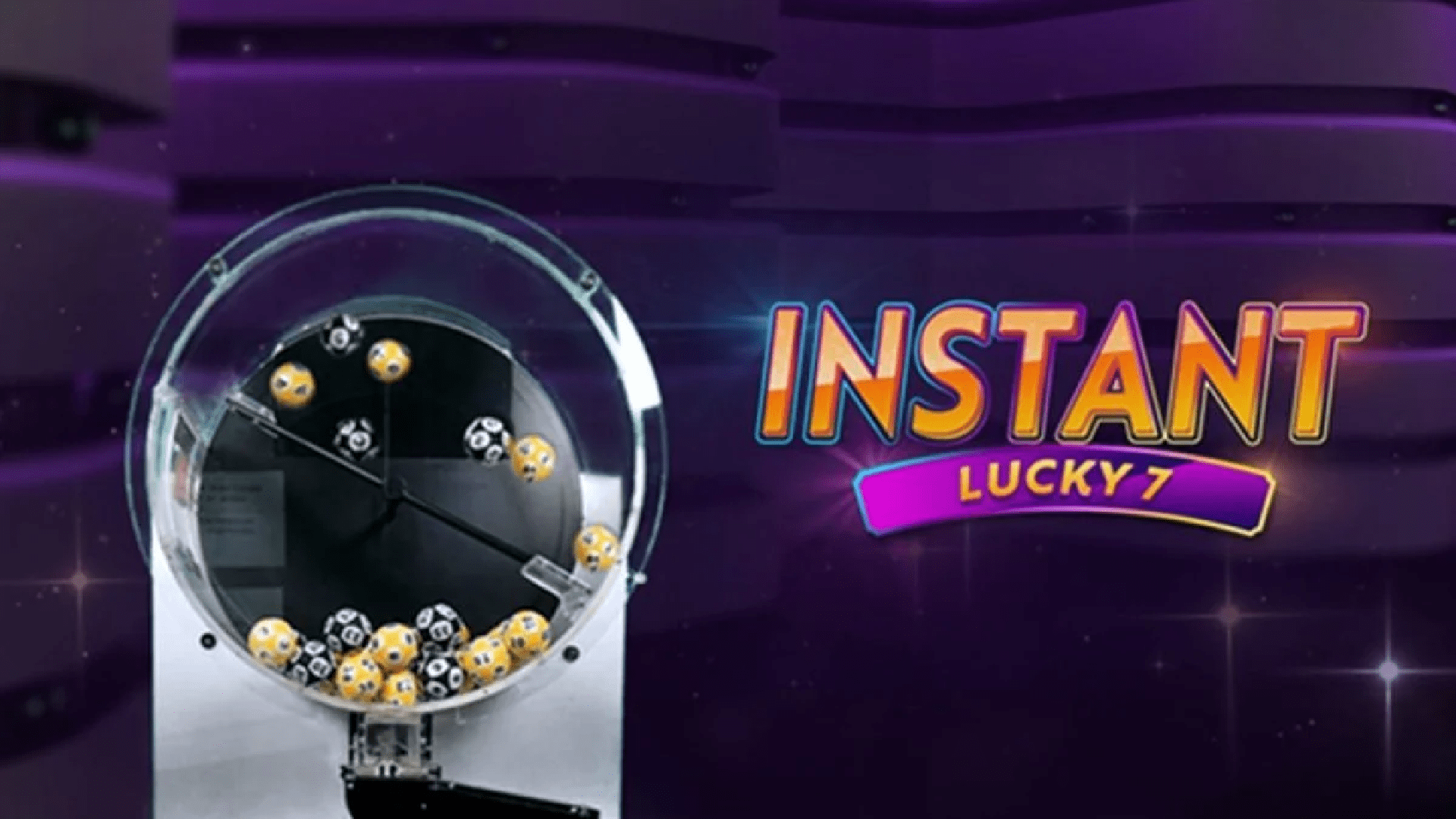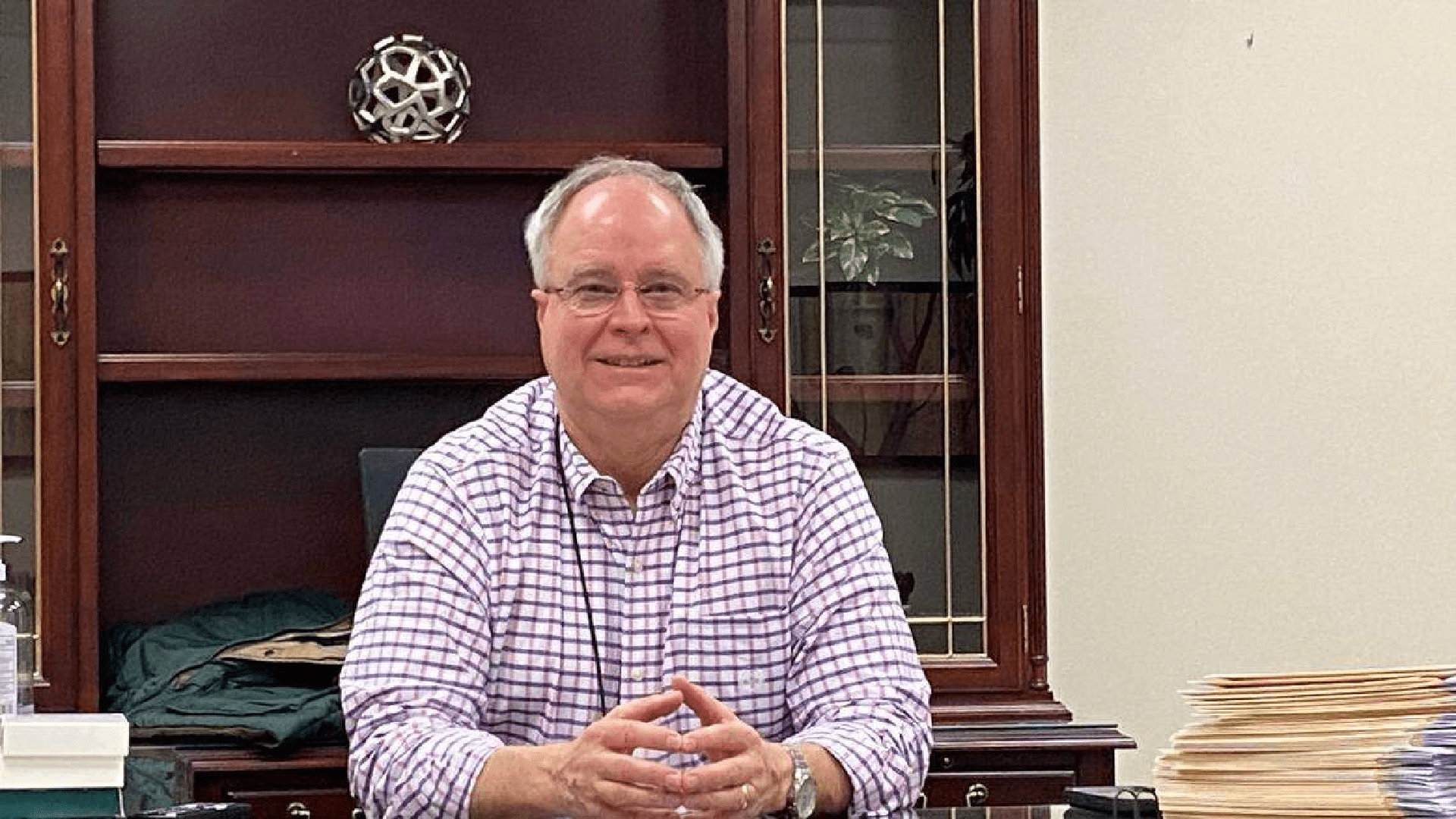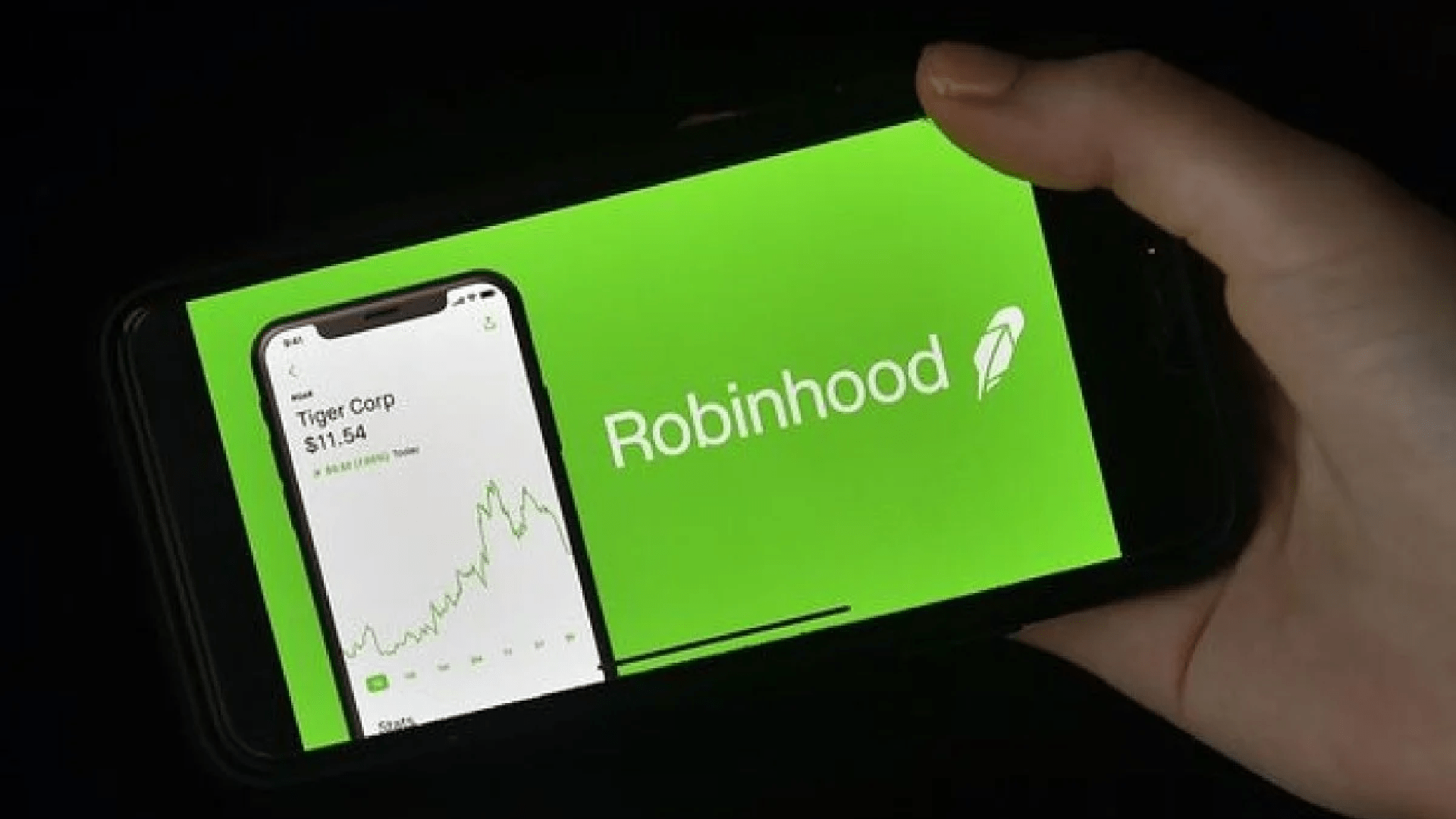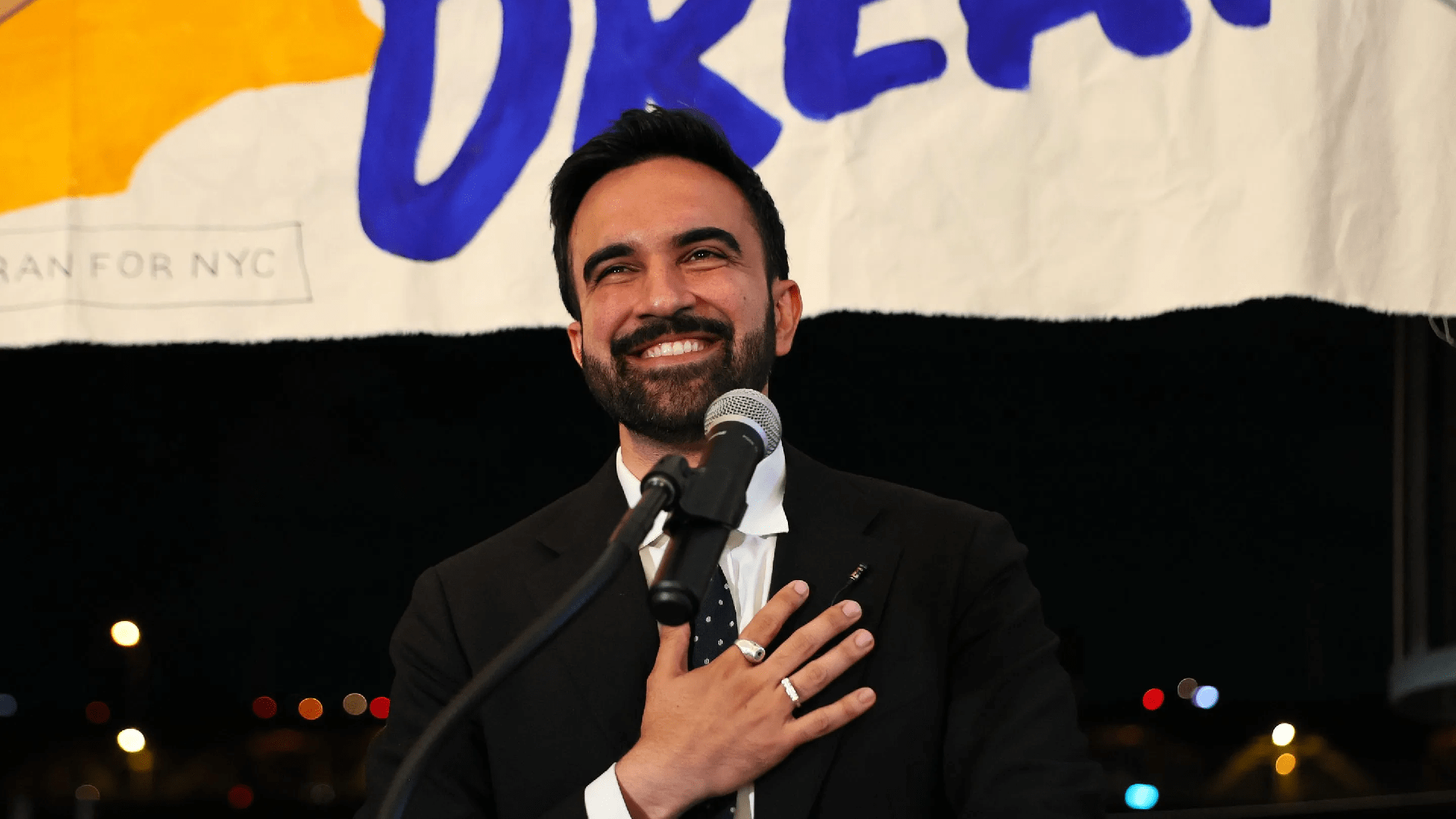Pennsylvania Skill Game Developer Says Terminals Don’t Compete With Casino Slots
T he business that makes Pennsylvania Skill games, the slot-like machines that take up a lot of floor space in restaurants and bars, convenience stores, gas stations, retail shopping complexes, and grocery markets, claims that its gaming devices do not directly compete with casino slot machines.
With gross gaming revenue (GGR) of around $521 million, the state's commercial gaming industry, which includes 17 physical casinos, iGaming, retail and online sports betting, fantasy sports, and video gaming terminals, posted its highest May ever. In a press release, Pace-O-Matic (POM), a software business based in Georgia that created the operating system for the Pennsylvania Skill games, defended their games and congratulated the casinos on their May to remember.
"These numbers show that there is room in the state for both casinos and small businesses that operate skill games to be successful. There is no competition between the two,” declared Mike Barley, a POM spokesperson.
The Pennsylvania Supreme Court will shortly consider whether skill games are allowed in the state. Michelle Henry, the state attorney general, is contesting decisions from lower courts that the games cannot be categorized as unlawful gambling machines under the state's Gaming Act because they involve skill.
Conflicts in the Casino Industry
The casinos obviously don't agree with Barley's claim that skill games aren't vying for the same player.
Last week, representatives of Parx, the state's wealthiest casino, stated that they would not proceed with the construction of a $100 million hotel unless the legal drama around skill games was resolved. In the interim, Parx is purchasing a nearby smaller hotel to provide on-site accommodations for guests.
According to Barley, the casinos are just acting avaricious.
"Sadly, $521 million a month is not enough to satisfy the greedy casino industry,” Barley stated. “Instead, they want to kill small businesses, American Legions, volunteer fire companies, Moose Lodges, and other places that count on income from skill games.”
Although POM and other proponents of skill gaming have urged state politicians to enact laws to provide a regulatory framework for the machines, skill games are now untaxed and uncontrolled. The host company, game creator, manufacturer, and route distributor presently divide the money.
A 16% tax on the gross earnings of skill games was suggested, but legislation stalled in the Harrisburg capitol due to the legal battle surrounding the skill game. A far higher rate of 42% has been proposed by Governor Josh Shapiro (D).
According to Barley, the machines' ability to continue giving small businesses important cash resources that have helped counter inflation depends on a low tax.
“These locations could never afford to pay the same tax rate that wealthy casinos pay. Casinos know that but they simply don’t care,” Barley said.
Legality of Skill Games
A lower court's decision that skill games are not gambling games was unanimously maintained by Pennsylvania's Commonwealth Court in late November. The court ruled that for a game to qualify as gambling, chance, not skill, must be the primary determinant of the result.
"Simply because a machine involves a large element of chance … is insufficient to find the machine to be a gambling device,” Dauphin County Judge Andrew Dowling wrote.
In disagreement, Henry is requesting that the state Supreme Court reexamine the matter and declare skill games to be unlawful gambling machines.
